Kenny Dalglish (2010) My Liverpool Home
Not many books have that pulling power for me but as soon as I saw this book on the book shelves, I wanted to get my hands on a copy. Why did I want to read this book so much? I wanted to wallow in a bit of nostalgia. I wanted to go back to the eighties and enjoy Liverpool’s glory years. I also wanted this book to provoke me to remember my first memories of football on the television with what seemed to be endless goals scored in front of cheering fans basking in gloriously sunny days. I have done this trip into the past many times before and I will probably do it again and again in the future with the same wish the I had been born on Merseyside with enough time to enjoy those matches on the kop, rather than becoming an Essex boy in the gloomy winter days of early 1980.
Some people say that I am living in the past, but I believe that you can not understand the future if you can not make sense of your past. I can not change history nor do I really want to when I think of certain things about Liverpool whether it is the city or the club. You have to make something of the hand that has been given to you. It can not be erased from the history books that Liverpool dominated the football scene in the seventies and eighties and for many people of my age on Merseyside, as well as across the UK and beyond, it would be Liverpool managed by Kenny Dalglish that would dominate our early memories of football.
We may have followed our local team but Liverpool were always in the background; what every team looked to aspire to. The 1986 FA Cup Final did it for me and that match features prominently in this book alongside an avalanche of memories that were mostly happy in nature, although the glorious footballing decade was punctuated by the tragic events at Heysel and Hillsborough. As you turn every page, this book is a very powerful read stiring up some strong memories. Some were happy and some were painfully sad but all part of the history of this club.
I started the book by reading those chapters about the matches that I can remember. It is probably not the way to treat a book from one of the biggest names in British football over the last forty years but I wanted to have that nostalgic kick. The draw to wallow in my childhood was too great. I have never treated a football book like this before and I ran the risk of never moving to those chapters where I could predict what was going to happen next.
However, I started off with chapters eleven and twelve and enjoyed that FA Cup Final in the May sunshine of 1986, and I was immediately transported back to that Saturday afternoon when I could not work out why this voice from the TV (I did not know who John Motson was at that point in my life,) was constantly mentioning a player called ‘Ian Rush.’ Regardless that I was watching Rush and the rest of that great team via our faithful family PYE black and white television, and the fact that I had no idea about the symbolism associated with the game, I knew that I was watching an important game. Reading this book gave me an interesting insight into what was happening off the pitch too.
Throughout the eighties for a young child who associated football as the only time when it seemed ok to shout and scream and celebrate a goal in a way that you would never be allowed to do at home and certainly not in the school assembly, Liverpool seemed to win everything that was on offer. The fact that Wimbledon won the 1988 FA Cup Final was just glossed over in my young mind. Who cared about Wimbledon? No one dared to wear a Dons shirt at school. The football that was being played at Anfield and across the UK was a joy to watch. This book celebrates those great players that were desperately being imitated on the playing grounds of Colchester, Essex.
I could never be John Barnes by any stretch of the imagination. The ball never seemed to be at my feet for long enough to make any sort of run on goal. It was a real risk that I would end up on my backside with my ego in shreds and the butt of jokes by my more skilful school mates. That book took me back to those days but Dalglish also talks about life off the pitch when three points became very familiar on a Saturday afternoon like night following day. There was a very special team atmosphere at Anfield although I have to admit that those factors meant nothing to me.
What did have a big impact on me was Hillsborough and that chapter in this book was haunting, powerful but essential reading to truly understand one of the most horrific incidents in English football history and the shockingly unanswered questions about what happened in Sheffield on that particular Saturday afternoon in April 1989. I read this chapter on a more recent Saturday in 2010 after watching a fairly dull Match of the Day and whilst getting ready for sleep. Those words on those pages made me appreciate that some of those things in modern football that dominate the back pages, the discussion forums and the radio phone ins, are not that important when you are faced with tragedies like this. After reading about Hillsborough, I struggled to get to sleep. It had been a similar state of affairs when I was told about Hillsborough on Saturday 15th April 1989.
We all know that the great decade came to an end on a tragic and mournful note. Dalglish talks about the title showdown on 26th May 1989 which left the whole of Merseyside stunned, and you sense that he still can not believe how Arsenal scored that deciding goal that took the title back to Highbury. It is a cliché to talk about life being a rollercoaster, but it is difficult to think of another association with a club like Kenny Dalglish and Liverpool that had so many ups and downs (more ups than downs but with two dreadful downs) since 1991. In a desperate need for a break, Dalglish finally left the managers seat in 1991. Even at the age of eleven, I knew that this resignation meant that something was never quite going to be the same again.
I did get the nostalgic kick and it was great while it lasted. However, Dalglish reminds us that success needs to come back to Liverpool Football Club for another glory age to be added to the history books. It was a bit of a cold shower after enjoying the cup triumphs and the great players of the decade; some of the first players that I can ever remember playing the beautiful game. This book was a very enjoyable read, and I sensed that the former Liverpool manager enjoyed recounting his success at his beloved Anfield.
Dalglish recognises that this club needs to write new stories of success. We await those words to be written.








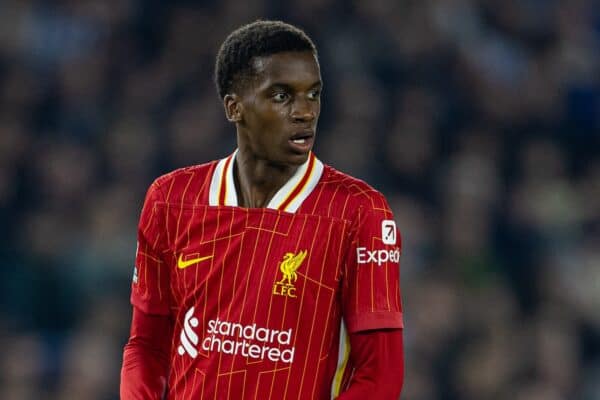


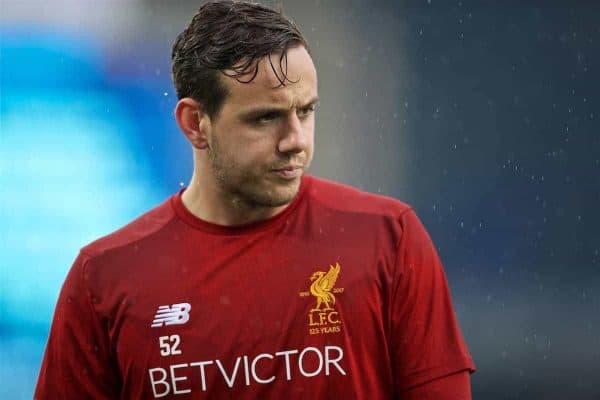


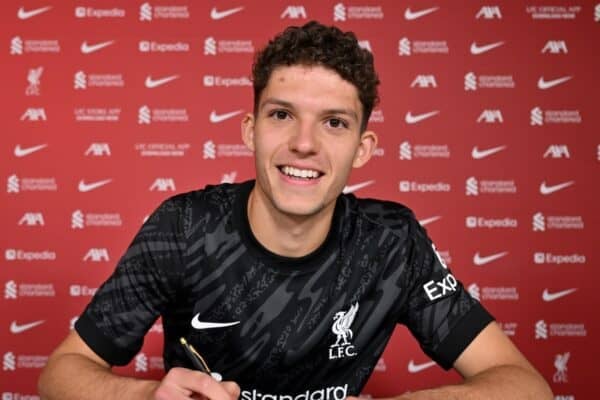

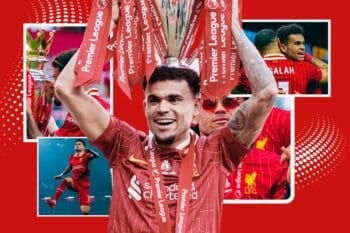
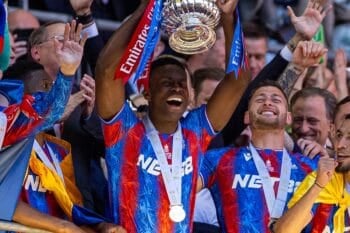
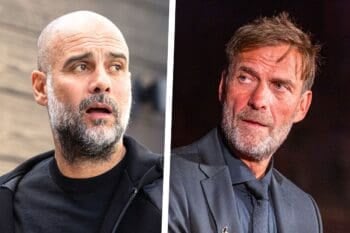
Fan Comments